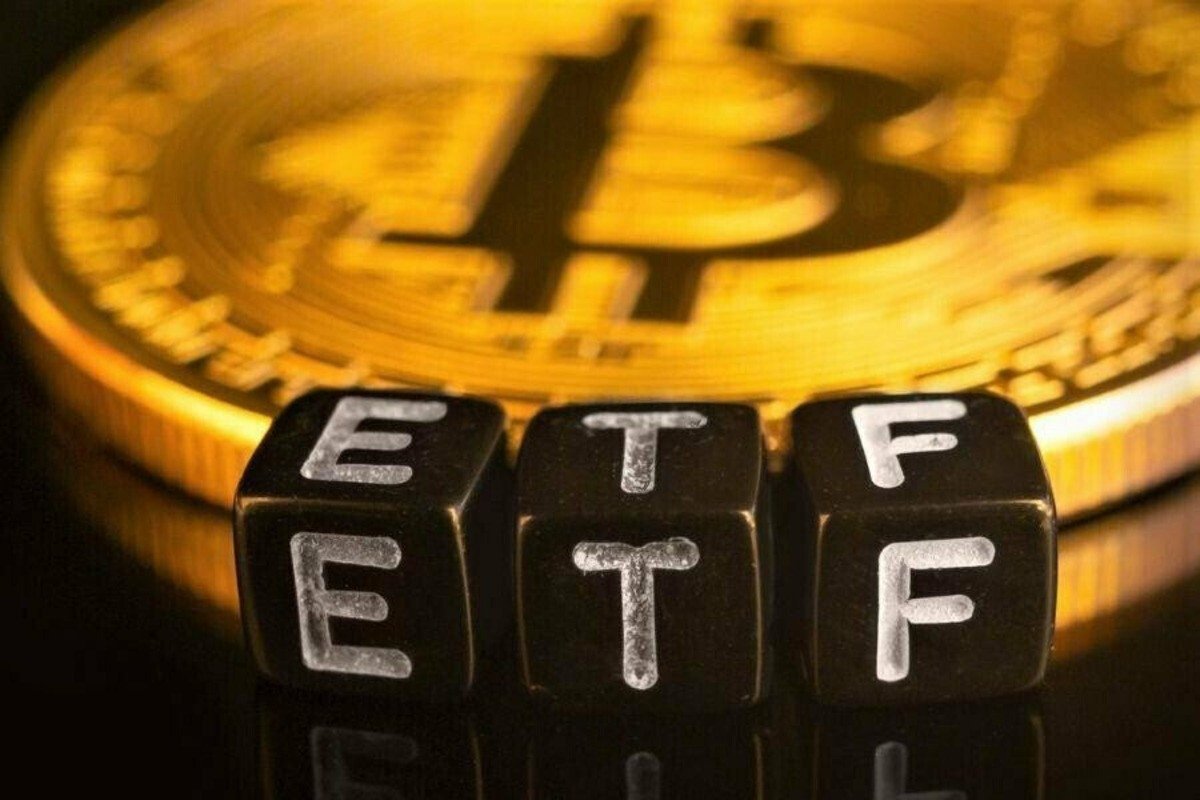VanEck Files Amended Application for Bitcoin ETF with SEC

New York-based asset management firm VanEck has taken a significant step towards launching a spot Bitcoin exchange-traded fund (ETF) by submitting an amended application to the United States Securities and Exchange Commission (SEC).
In a notable departure from the strategies followed by other applicants seeking approval for spot ETFs, VanEck opted to submit amended filings related to its fund seeding on October 27. This distinctive approach distinguishes VanEck from other contenders in the spot Bitcoin ETF arena.
Andddddd @vaneck_us joins the amendment filings for spot #bitcoin ETF issuers. h/t @NateGeraci pic.twitter.com/zdYuUTAaE6
— James Seyffart (@JSeyff) October 29, 2023
Notably, the US SEC had previously rejected VanEck’s proposal to list and trade shares of the VanEck Bitcoin Trust on March 10. This marked the third time the regulator had denied VanEck’s bid for a spot Bitcoin ETF.
This decision aligns with the broader trend of the SEC consistently rejecting various ETFs designed to track digital assets, including VanEck’s prior applications in June of the previous year and in November 2021. These rejections primarily revolve around concerns regarding potential market manipulation within the underlying digital asset market.
VanEck’s Bitcoin ETF Filing Innovates with Bitcoin-Based Fund Seeding Method
Finance lawyer Scott Johnsson pointed out that this new filing implies that VanEck’s Bitcoin ETF will use Bitcoin itself for fund seeding, deviating from the cash-based seeding method employed by other spot Bitcoin ETF proposals.
In VanEck’s amended filing, it is outlined that the VanEck Bitcoin Trust is designed as an exchange-traded fund (ETF) that issues common shares of beneficial interest trading on the Cboe BZX Exchange. The trust’s primary investment objective is to mirror the performance of Bitcoin, net of operational expenses. To achieve this objective, the trust will maintain Bitcoin holdings instead of cash.
What sets this filing apart from other spot Bitcoin ETF proposals is the method of fund seeding. When the trust either sells or redeems its shares, it will do so in blocks of 50,000 shares, referred to as a “Creation Basket.” The creation of this basket is determined by the amount of Bitcoin it represents, equivalent to the combined net asset value of the shares within it. In cases where a cash subscription is involved, the amount will be calculated based on the cash required to purchase the Bitcoin amount represented by the Creation Basket, as determined by the administrator.
VanEck Joins the Ranks in Pursuit of Spot Bitcoin ETF
VanEck’s recent filing places them among a growing cohort of asset managers revising their applications for a spot Bitcoin ETF. Last month, Bitwise Asset Management also submitted an amended application in response to the SEC’s concerns about the product.
Earlier this month, ARK Invest and 21Shares followed suit, refining their joint application by providing additional details about their proposed spot Bitcoin ETF. This included outlining their practices for asset custody and valuation. This surge of amended filings signals potential progress in negotiations between asset managers and regulators.
The U.S. SEC has postponed its decision on numerous spot Bitcoin ETF proposals, including those from BlackRock, Invesco, Bitwise, VanEck, and Valkyrie. Market participants and analysts anticipate a decision within the coming weeks.
VanEck’s Dual Approach: Bitcoin Holdings and Ethereum-Styled Futures ETF
While VanEck stands firm on holding Bitcoin for its proposed spot Bitcoin ETF, the investment management firm, is also making significant strides in the cryptocurrency space. They are poised to launch Ethereum-styled futures contracts following approval from the SEC.
Fortunately, VanEck’s forthcoming Ether Futures ETF is set to be a fully standardized product featuring cash-settled futures contracts accessible for trading on the Commodity Futures Trading Commission’s (CFTC) regulated commodities platform.









